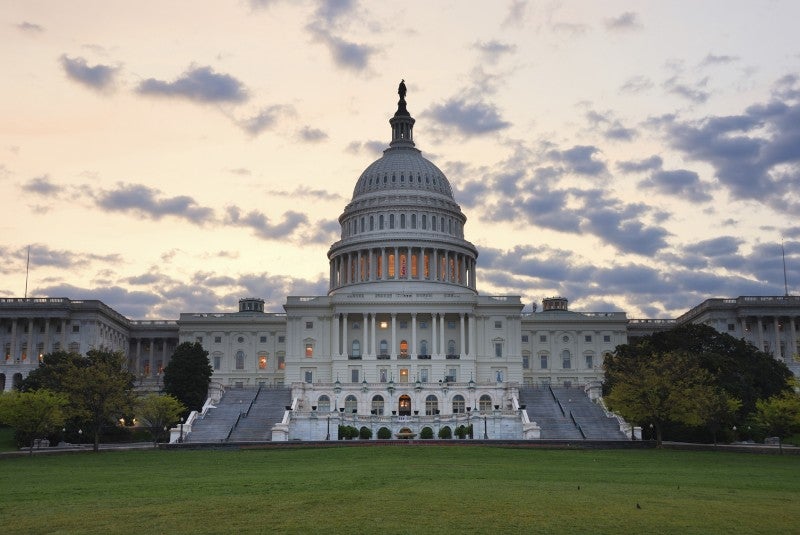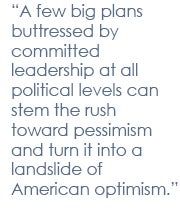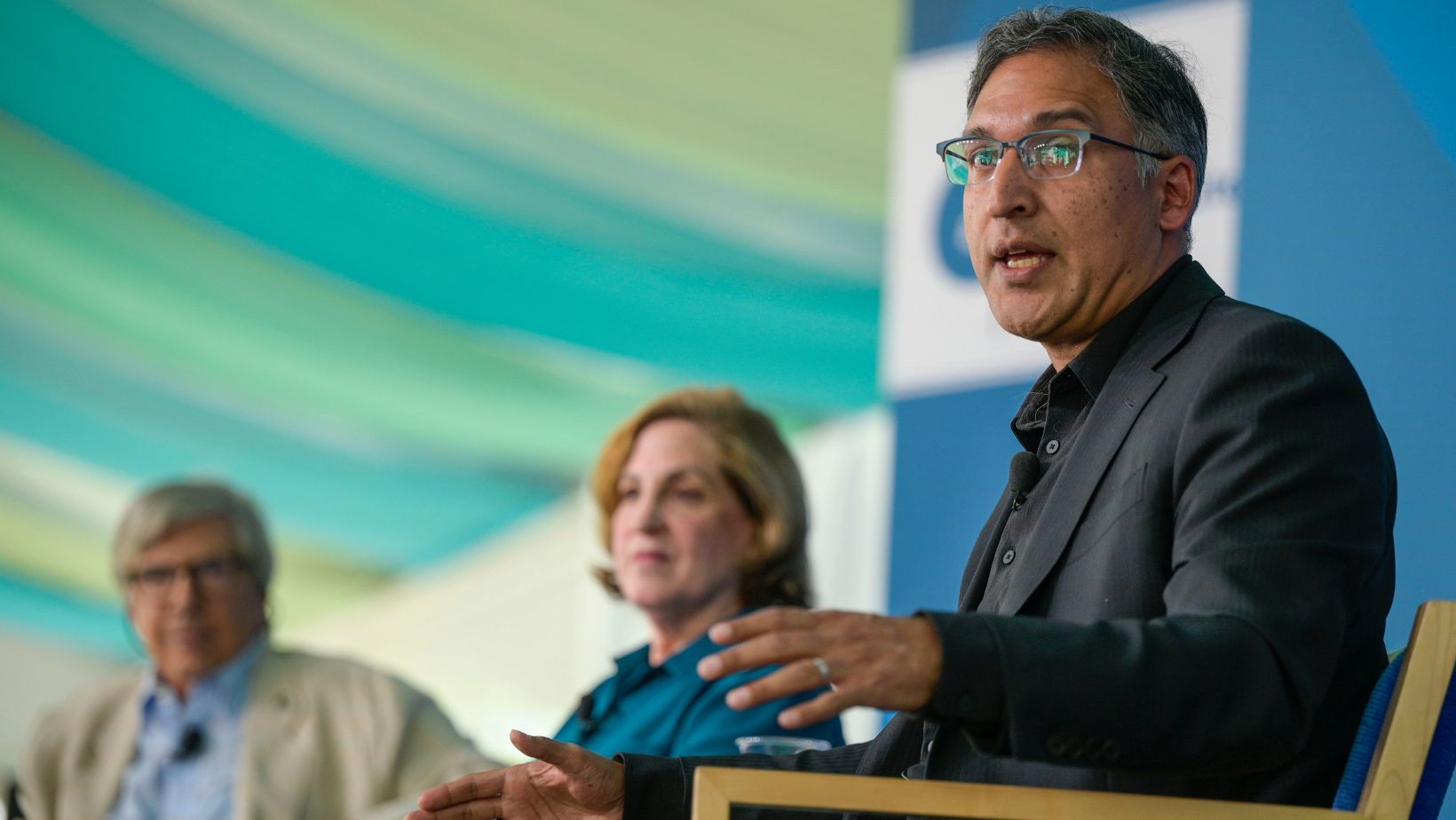
This article originally appeared in The Huffington Post.
I recently read an opinion piece by Frank Bruni in the New York Times in which he states, “[America is] a country surrendering to a new identity and era, in which optimism is quaint and the frontier anything but endless.”
It takes a lot to get me down, but this hurt. The piece demonstrated, via polling data, that three-quarters of all Americans believe their children’s future will be less successful than their own present circumstances. These polls also showed trust in any and all institutions, from government to military to religion, is at historic lows. In sum, Americans are not hopeful and don’t know where to turn.

My old boss, President Bill Clinton, once said that “there is nothing wrong in America that can’t be fixed with what is right in America,” and I agree. Amazingly I think that the much maligned federal government, elements of which are still less popular than root canals, can be part of the solution to this problem and help our nation get back on the right track. The private sector and the faith-based community also have a role to play, but effective government action is a major factor for people to buy back into this country and start believing its best days are still ahead.
What we need from the federal government are two things: leadership and big ideas. First, nothing can be accomplished or fixed without real leadership from the White House and Congress. Elected officials in these institutions need to understand that they are stewards of the country and their responsibility is not just to enact their respective agendas but to sell the idea of America, the dream of opportunity, to their own constituents. Times of crisis are opportunities to unite this country and press forward to address the structural deficiencies that are at the heart of our social and economic decay. President Theodore Roosevelt provided transcendent leadership in the Great Depression, as did President Ronald Reagan in the 1980s. President Barack Obama has taken some action through executive orders, but real change in America can only be done by aggressively working with that separate but equal branch of government, the Congress.
Congress has the exact same basic problem as the president. Leaders in Congress need to have a more positive agenda. For the House Republican leadership, the question I would ask is: What is it that you would do differently to address the problems of Americans instead of what Democrats or Obama propose? The conventional wisdom is that you shouldn’t rock the boat when you have a lead in the run up to elections. But I think the American people of all political persuasions are crying out for leadership and will reward those who answer that call.
Democrats in the House and Senate need to follow suit and show us a vision of a future we want to live in. Too often from both parties we hear the adjectives and not the verbs like, “the other party is dumb, the other party is fiscally irresponsible, the other party is anti-women.” I think it’s over the top to ascribe a diverse body of individuals as all one thing or another. But what this nation really needs are positive statements of action: “If elected we will pass this law, or we will build this, or we will lead this country forward in this way.”
Confidence in institutions, particularly government, is dipping dangerously low. If it goes much further we may end up in an unbreakable spiral whereby America becomes a helpless, passive entity in the world. Rather than wallow in our pessimism or aim for small, incremental solutions, we need to do things that captivate people’s minds. Whether that is a national program to rebuild our roads and bridges, a large-scale program to promote voluntary national service among young Americans, a ramped-up effort for research on cures for cancers and other hard-to-treat infectious diseases like Ebola, or any of dozens of other big ideas, the best way to build optimism and trust is to demonstrate that sensible government can work on things that affect people’s lives. The architect Daniel Burnham put it this way: “Make no little plans for they do not have the power to stir men’s souls.” A few big plans buttressed by committed leadership at all political levels can stem the rush toward pessimism and turn it into a landslide of American optimism.
Dan Glickman is vice president and executive director of the Aspen Institute Congressional Program.

